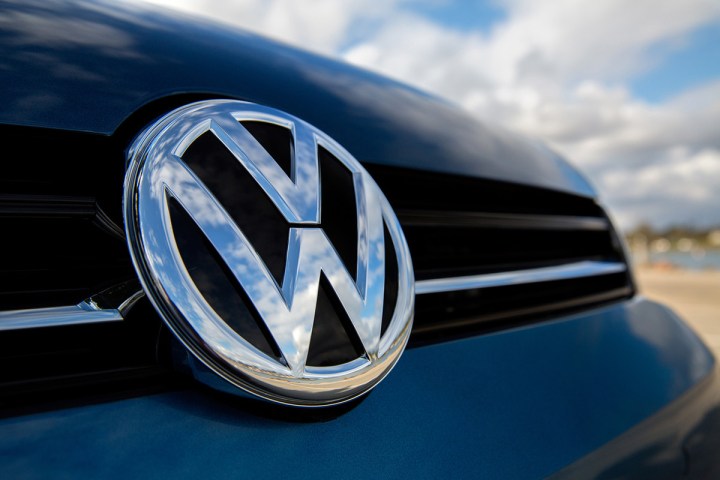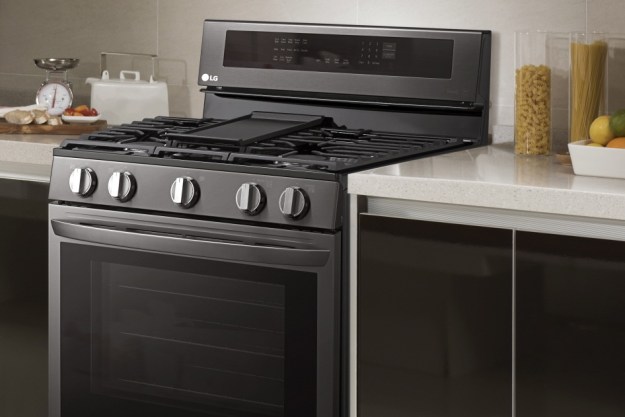
Volkswagen’s Cross-Over-Platform has nothing to do with cars that try to look like SUVs. It’s all about driver and passenger convenience and connectivity. That’s the focus of LG and VW’s collaboration. The companies will develop technology that will allow vehicles connected to the cloud to help passengers with a growing array of services, including smart-home connection and control, messaging, infotainment, and location services.
Drivers increasingly expect travel, alert, entertainment, and communications systems in their cars. The plan combines LG’s interest in smart appliances and smart-home systems with Volkswagen’s vehicle platforms. Perhaps at some point in the next few years, you’ll get an alert while driving your Passat that the garage door is open after dark. As you get closer to home, the house lights will brighten and the AC system will click it down a few degrees.
If your refrigerator detects you’re low on frozen yogurt, maybe you’ll get a message to pick some up before you pass the last grocery store on your way home. Or, maybe your smart fridge will even place the order for you and alert the store as to when you’ll arrive so you can pick up the yogurt without even exiting the car.
The statements by VW and LG executives at the joint announcement were positive and forward-looking, though general, mentioning categories and platforms rather than specific solutions or features.
“Volkswagen is pressing on with the digitalization of its brands. Our focus in doing so is always on our customers. For them, comfort, safety, and energy efficiency play a central role. LG is a strong, reliable partner in the implementation of new features, and one of the drivers of innovation in the networked household. We look forward to working with LG and to developing … simple, easy-to-use smart-home solutions for our customers integrated into our vehicle systems,” said Volkswagen’s Thomas Form, head of Electronics and Vehicle Research.
Richard Choi, head of LG’s Cloud Center said: “LG Electronics and Volkswagen are teaming up to develop the next generation of connected-car platform that allows wide integration with smart-home services and adoption of open [Internet of Things] connectivity technologies. We think LG’s expertise in smart technology, together with Volkswagen’s leadership in the automotive sector, will revolutionize the way drivers interact with their vehicles.”
This isn’t the first LG/VW rodeo. In 2015, the two companies worked together on a concept car, and at CES 2016, they showed smart-home system with in-vehicle controls.
Editors' Recommendations
- LG Display’s ‘invisible’ speaker brings sound to any surface in your car
- The Home Connectivity Alliance wants to bring you the smart home of your dreams
- Yale wants to keep your possessions safe with new smart delivery box, lock
- Apple patent foresees a smart home that can ID you by reading your heartbeat
- Weird smart home gadgets of CES 2020: Toilet paper robots and more




